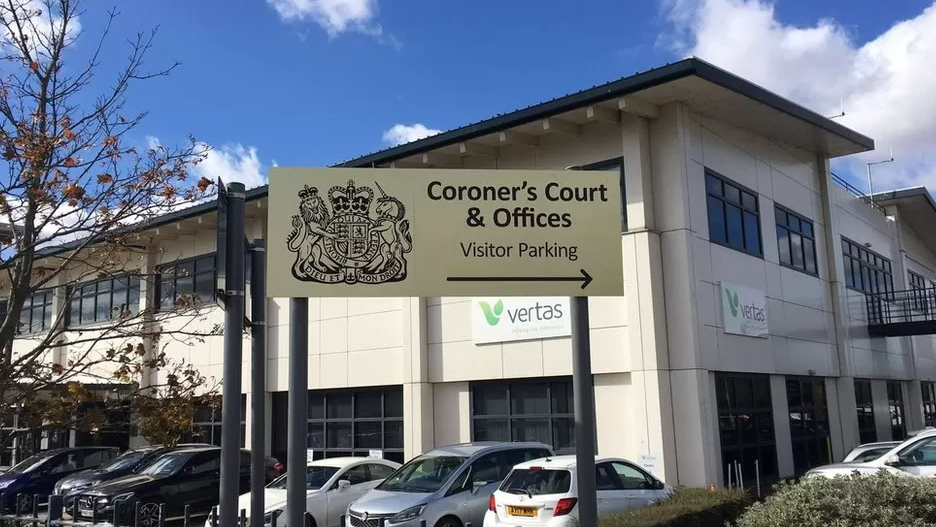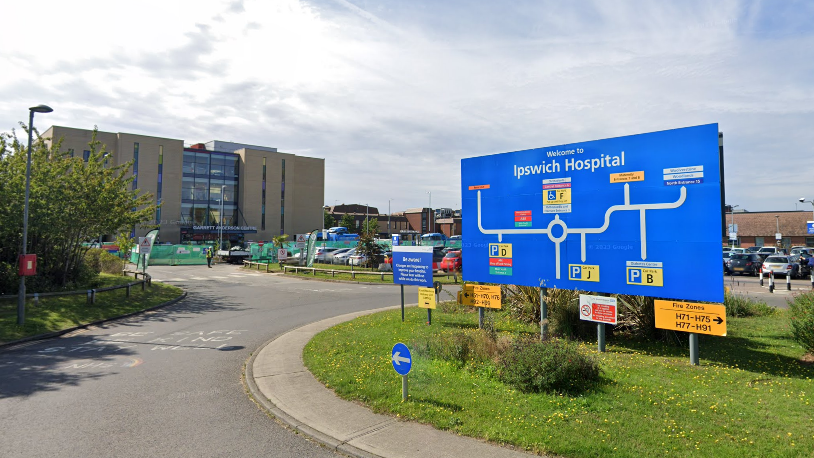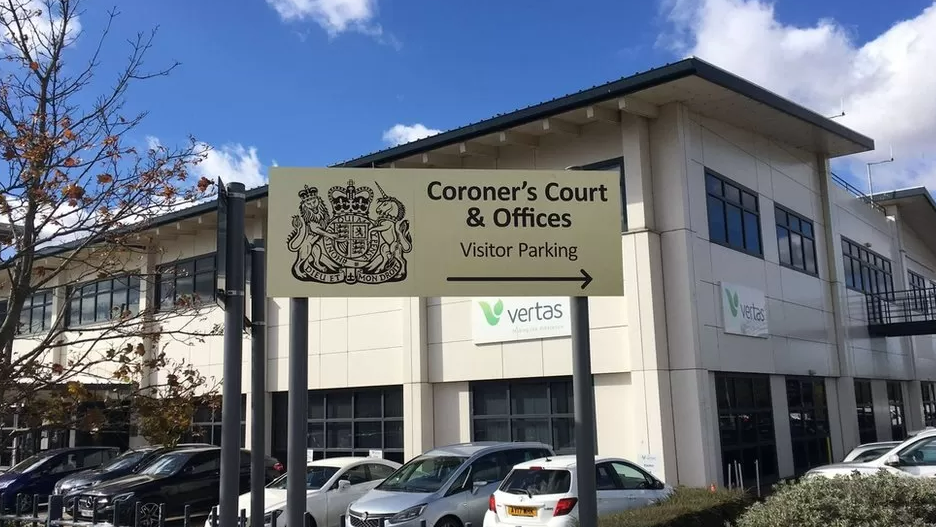Coroner's concerns over blood thinner guidelines

Blood thinners can help prevent clots following a surgery
- Published
A coroner has raised concerns that guidelines around blood thinners do not reflect the most "up to date international learning" following the death of a man.
Brian Beer, 86, died at West Suffolk Hospital, in Bury St Edmunds, on 1 March when a blood clot developed in an artery following a surgery.
In a Prevention of Future Deaths Report, external, Suffolk coroner Peter Taheri raised concerns over National Institute for Health and Care Excellence (NICE) guidelines on the duration blood thinners were given to patients
A spokesperson for NICE said it took a "proactive approach" to responding to events that could affect its recommendations.
According to the report, Mr Beer underwent surgery for a hip replacement in January after suffering a fracture from an unwitnessed fall at his care home.
Following this surgery, he received blood thinning drugs to prevent blood clots for the duration required in line with local hospital guidelines.
However, he died in March due to a clot in an artery that provides blood to the small bowel, the coroner said in his report.
He stated that international policy around blood thinning practices was "evolving", and patients could be given the drugs for a longer period of time.
Mr Taheri said the termination of the blood thinners "at the time it was ceased contributed to his death".
'An established process'
The coroner raised concerns that NICE guidelines did not reflect the most recent learning.
He added there was a "risk of future deaths being contributed to by hospitals following NICE guidelines" when a longer course of blood thinners "would better protect them against recognised complications of the surgery".
Mr Taheri sent his report to NICE which said it would consider the issues raised and respond to the coroner directly.
A NICE spokesperson said: "We follow an established process when making sure our published guidelines, external are current and accurate and take a proactive approach to responding to events (with an assessment of priority) that may impact on our recommendations."
Get in touch
Do you have a story suggestion for Suffolk?
Follow Suffolk news on BBC Sounds, Facebook, external, Instagram, external and X, external.
Stories like this
- Published11 October 2024

- Published6 September 2024

- Published2 August 2024
